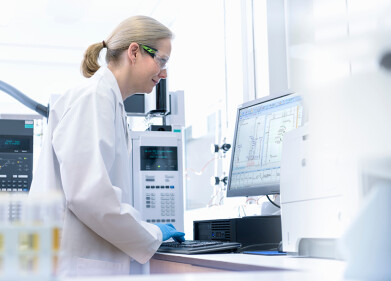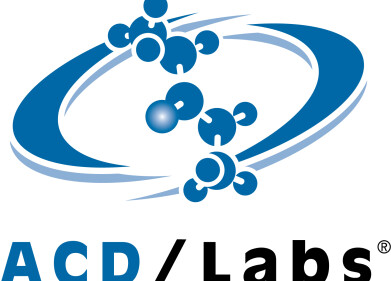-
 Clinical laboratory IT solutions could be open to mind control thanks to California-based research
Clinical laboratory IT solutions could be open to mind control thanks to California-based research
IT solutions
Putting thought into clinical laboratory IT solutions
Oct 29 2010
Led by UCLA neurosurgeon Itzhak Fried, the study looked into how preferences are stored in the brain.
Individual neurons were detected for around ten per cent of each participant's most-loved things in life - like a web browser favourites list of their preferred TV shows, sports teams and celebrities.
Dr Fried, director of the Epilepsy Surgery Program at UCLA, then reverse-engineered the process, giving each neuron control over a screen visible to the patient.
Participants were quickly able to learn to control the preferred neuron to make an associated image - such as a photo of the right celebrity - appear on the screen from a choice of two pictures.
The findings could ultimately allow thought to control clinical laboratory IT solutions, even if only for binary operations such as switching on and off.
Digital Edition
Lab Asia 31.6 Dec 2024
December 2024
Chromatography Articles - Sustainable chromatography: Embracing software for greener methods Mass Spectrometry & Spectroscopy Articles - Solving industry challenges for phosphorus containi...
View all digital editions
Events
Jan 22 2025 Tokyo, Japan
Jan 22 2025 Birmingham, UK
Jan 25 2025 San Diego, CA, USA
Jan 27 2025 Dubai, UAE
Jan 29 2025 Tokyo, Japan
.jpg)

















